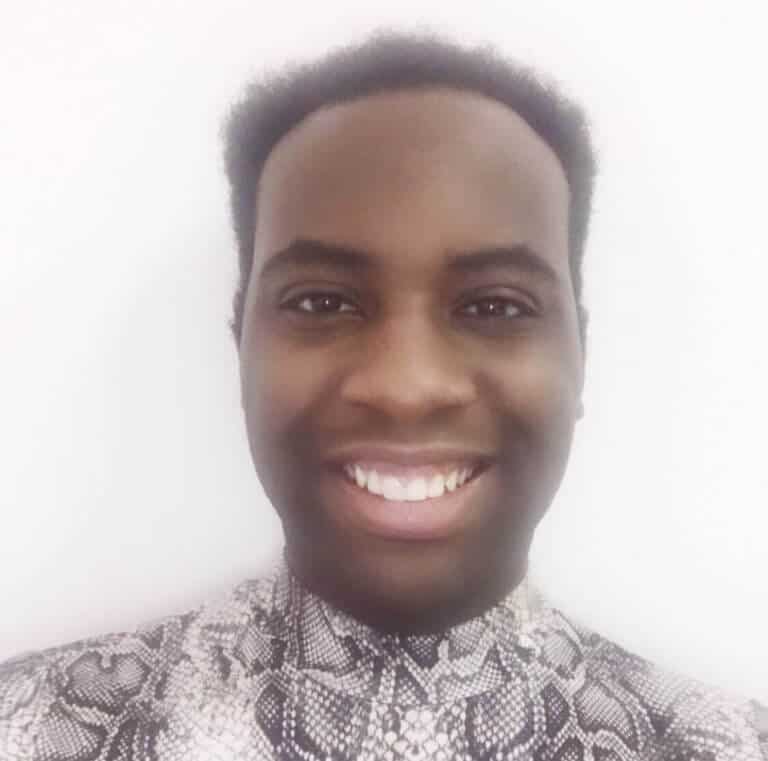Some music has journeyed into political music with songs being picked up and used within activism. We chart the history of it.
What does it mean to create political music? For centuries, music has heavily influenced various political movements and varying rituals. Songs can be used to convey specific viewpoints on current public societal messages.
However, barriers and restrictions have and may hinder musician’s past and future to push forward controversial messages.
The nature of these messages can also be categorised as ‘political music’ which can be defined as songs or musicians that observe political subjects through song by offering a partisan opinion, or through music that further advocates for specific political engagements and action.
Music has also been deemed political based on cultural association.
For example, the years between the 1960s and 1970s birthed many western pop/rock bands such as The Beatles, which at a time, was censored by the State in the Eastern Bloc and heavily embraced by younger music listeners to engage in social change. This tension created many discrepancies between musician’s political viewpoints and their musical perception by the wider societies.
According to Wikipedia.com, some research has suggested that modern democratic nations and other schools from around the world, have used music education to instil patriotism in children, particularly during times of war.
However, can music truly be used as a tool for raising awareness, offering music as advocacy?
Folk Music
With the American Folk Revival beginning in the 1930s and continuing even after World War II. In later years, music produced by musicians such as Bob Dylan, Tom Paxton, Judy Collins, and Ario Guthrie centred much around social and political messaging.
Songs such as Where Have All the Flowers Gone by Pete Seeger and Blowin’ in the Wind were popular projects depicting anti-war and other revolutionary topics to the masses.
The folk revival can be considered as a political reinvention of traditional folk songs. This development was encouraged by folk record labels and magazines such as Sing Out! and Broadside Magazine.
As McCarthyism began to dominate much of the US population and governmental affairs, folk artists found it difficult to travel and perform as the folk sound pushed out the mainstream music realm.
Artists were also blacklisted, publicly denounced by politicians and media outlets. However, folk music did not just stop at the US borders. Folk music implications had strong connections with politics internationally.
During the Cold War era, areas such as Hungary experimented with a form of liberal communism, reflected heavily in their folk music.
Blues
With a reputation of being deemed as ‘black music’, Blues has also been a defining music genre surrounding political music. Must artists such as Bessie Smith recorded protest songs such as Poor Man’s Blues in 1928 along with When Am I Going to be Called a Man by Josh White in 1936.
Addressing the horrific nature of lynching and racism, Billy Holiday’s Strange Fruit is a notorious protect song, that has been deemed one of the most impactful songs in the entire world.
Originating in the Black queer communities of New York during the 1970s, Disco was a form of salvation from social turmoil.
Although Disco music may not have pertained to political lyrics itself, the genre pulled back much of the negative stigmas of black/queer people in form of liberation.
This notion allowed the coming together of Black music and mainstream pop which led to a social appreciation for diversity, but also offered platforms for Black artists to be seen more vibrantly and more efficiently.
Punk Rock
Punk rock bands such as Sex Pistols, Black Flag, and Leftover Crack Süd- political and sometimes controversial lyrics that attacked many establishments.
Additionally, topics such as sexism, racism, capitalism, colonialism, and other topics were sources of inspiration for various music projects.
The late 1970s, brought along multiple left-wing or anti-establishment ideologies. The Punk DIY culture gave music listeners empowerment.
Songs such as God Save the Queen by The Sex Pistols were banned from broadcast by the BBC in 1977 due to anti-royalism.
Hip Hop
The always controversial music stylings of Hip Hop/Rap have been linked with protest and political music since 1982 with The Message by Grandmaster Flash and the Furious Five. In the 1990s, N.W.A had many political takes within their music.
The song Express Yourself assessed the restricted limits on black rappers within the music industry, along with the view that black oriole have no voice and are punished when they speak up about racial injustice.
So, music can indeed have extreme power as it can express anti-establishment or protest themes including anti-war songs.
By contrast, music can also be used for pro establishments and ways of showing representation.
You can hear this notion in songs such as national anthems, patriotic songs, and even in political campaigns. The distance between music and politics may not be as far apart as one may think.
More from Isaac here:
Support us!
All your donations will be used to pay the magazine’s journalists and to support the ongoing costs of maintaining the site.
Share this post
Interested in co-operating with us?
We are open to co-operation from writers and businesses alike. You can reach us on our email at [email protected]/[email protected] and we will get back to you as quick as we can.










